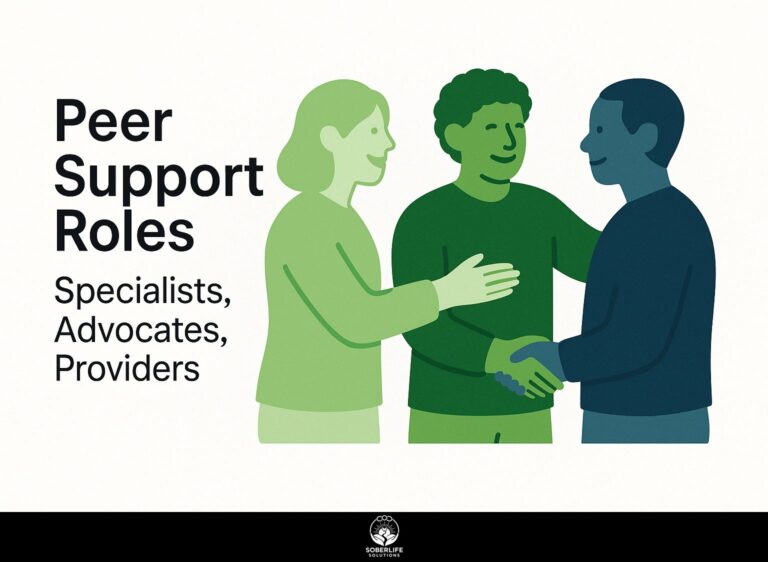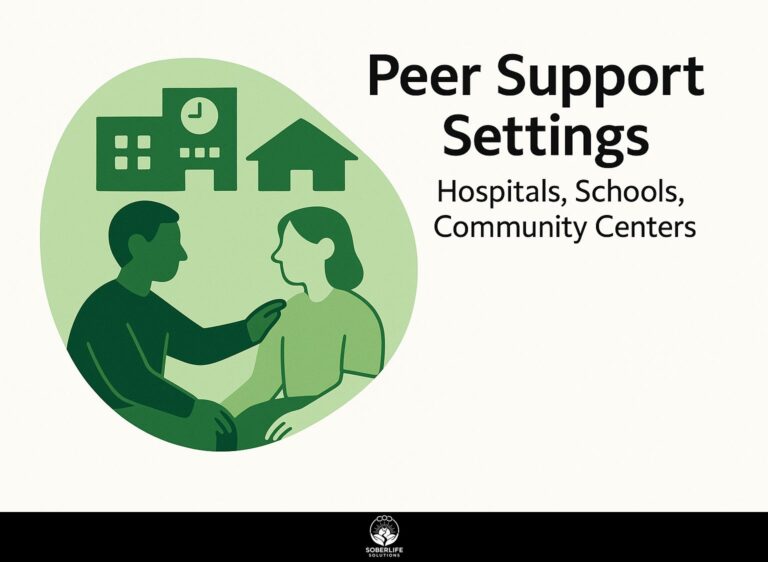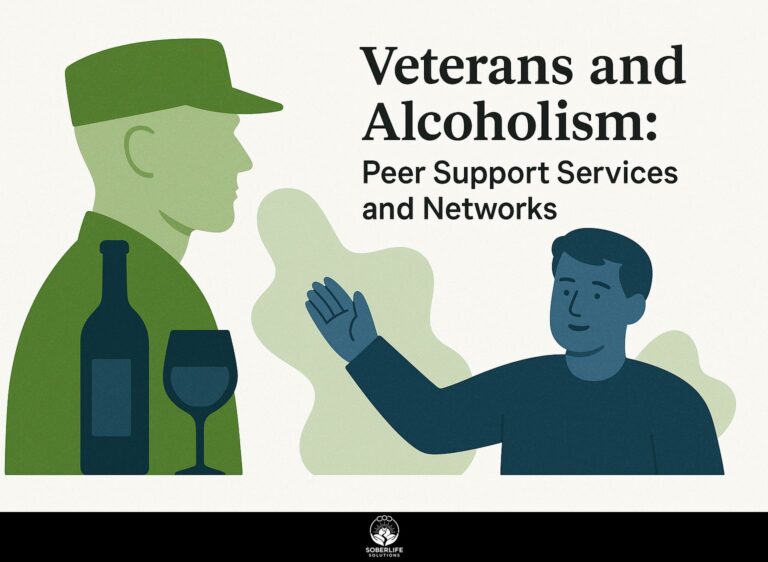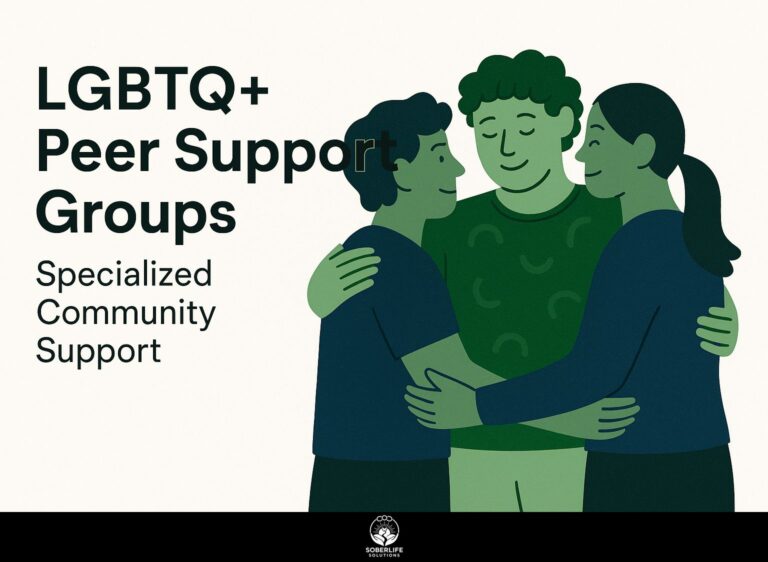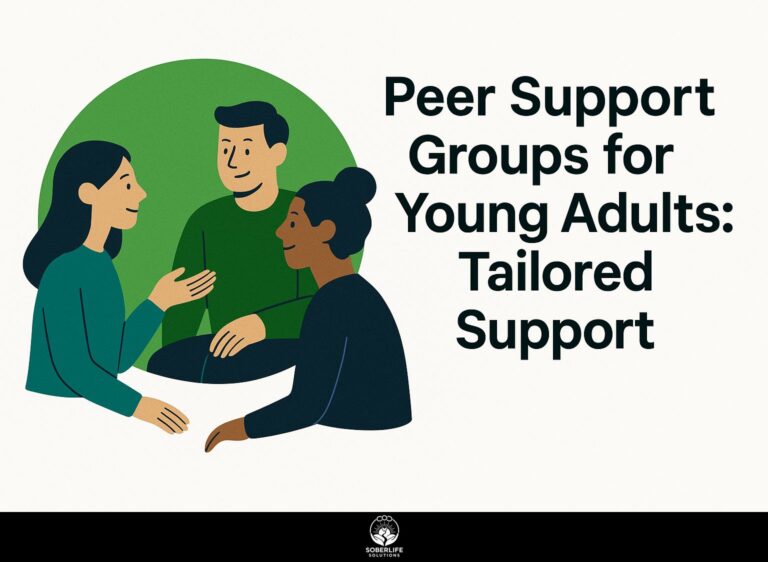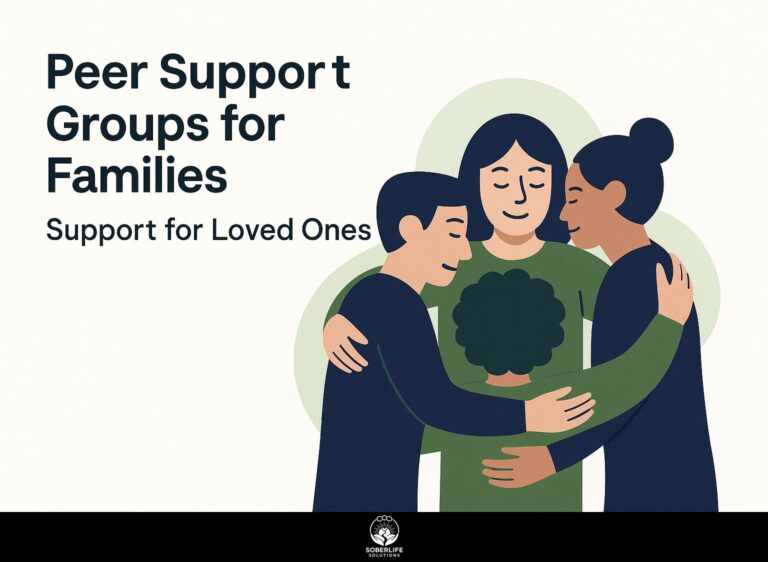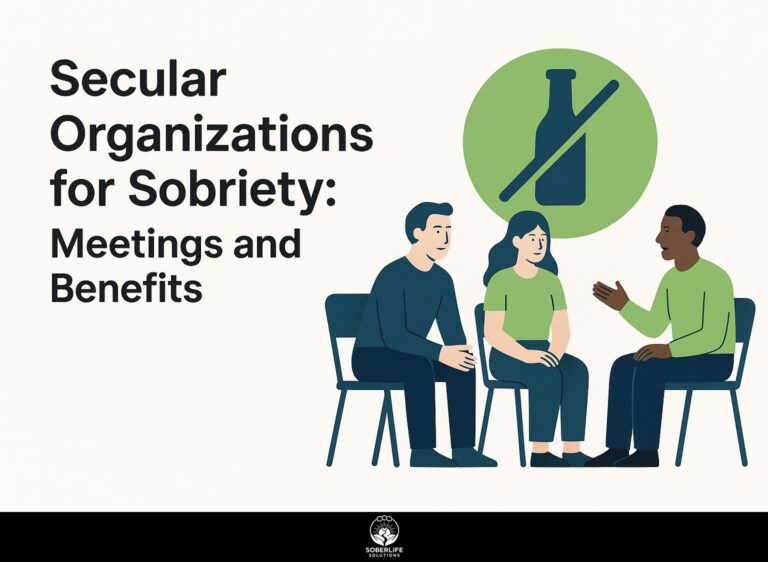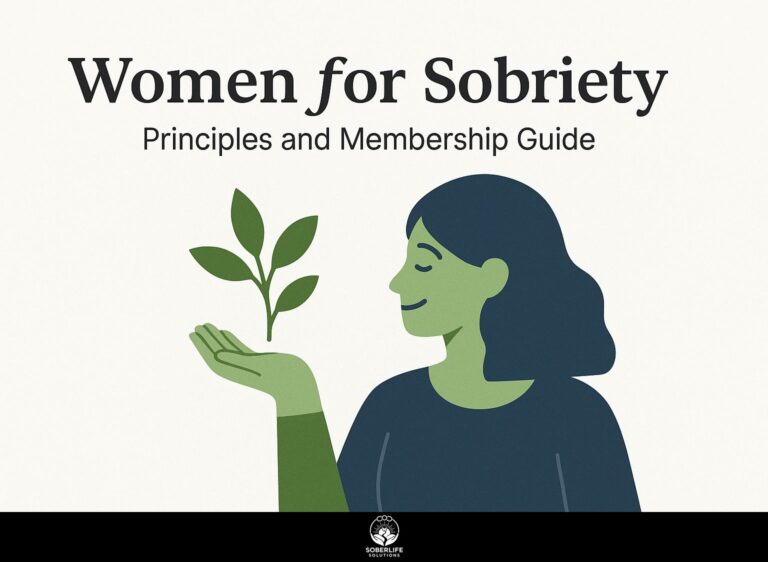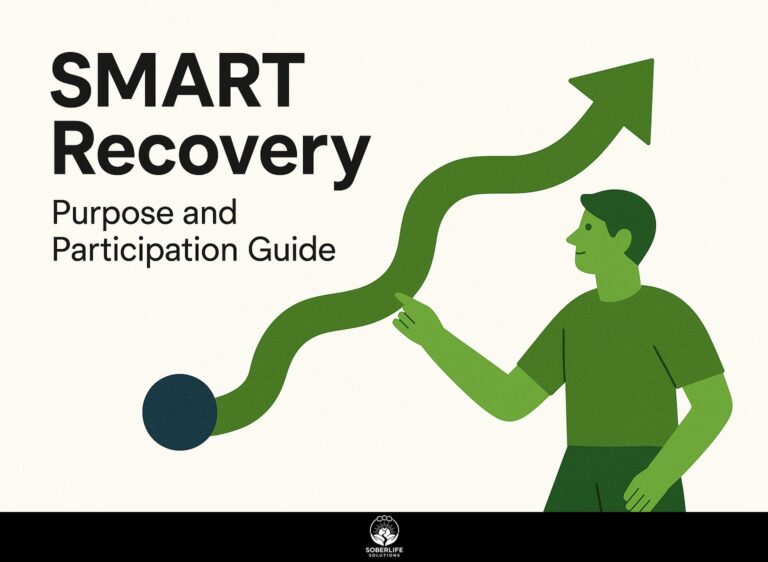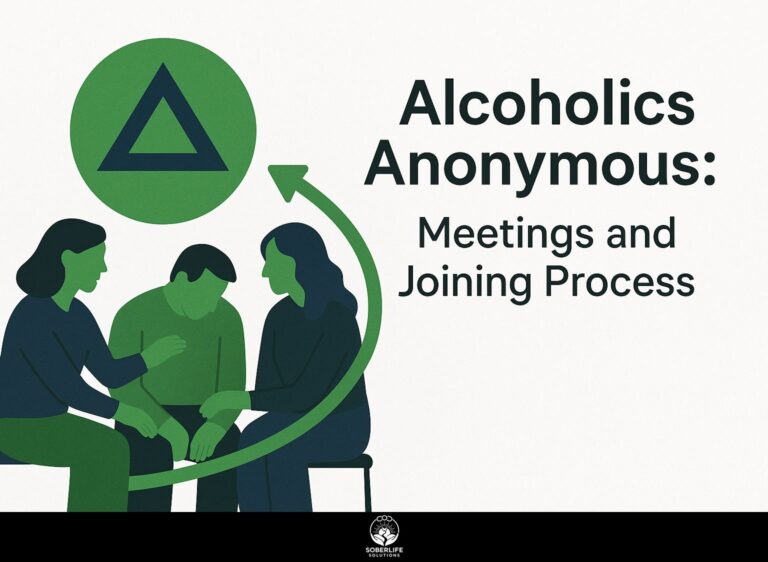Peer Support Roles: Specialists, Advocates, Providers
In mental health, peer support is important for building strength and empathy through shared experiences. As support groups continue to grow in importance, the roles of peer advocates, specialists, and providers have become indispensable. This article looks at the different kinds of peer support roles, focusing on what they each add and the important skills…

